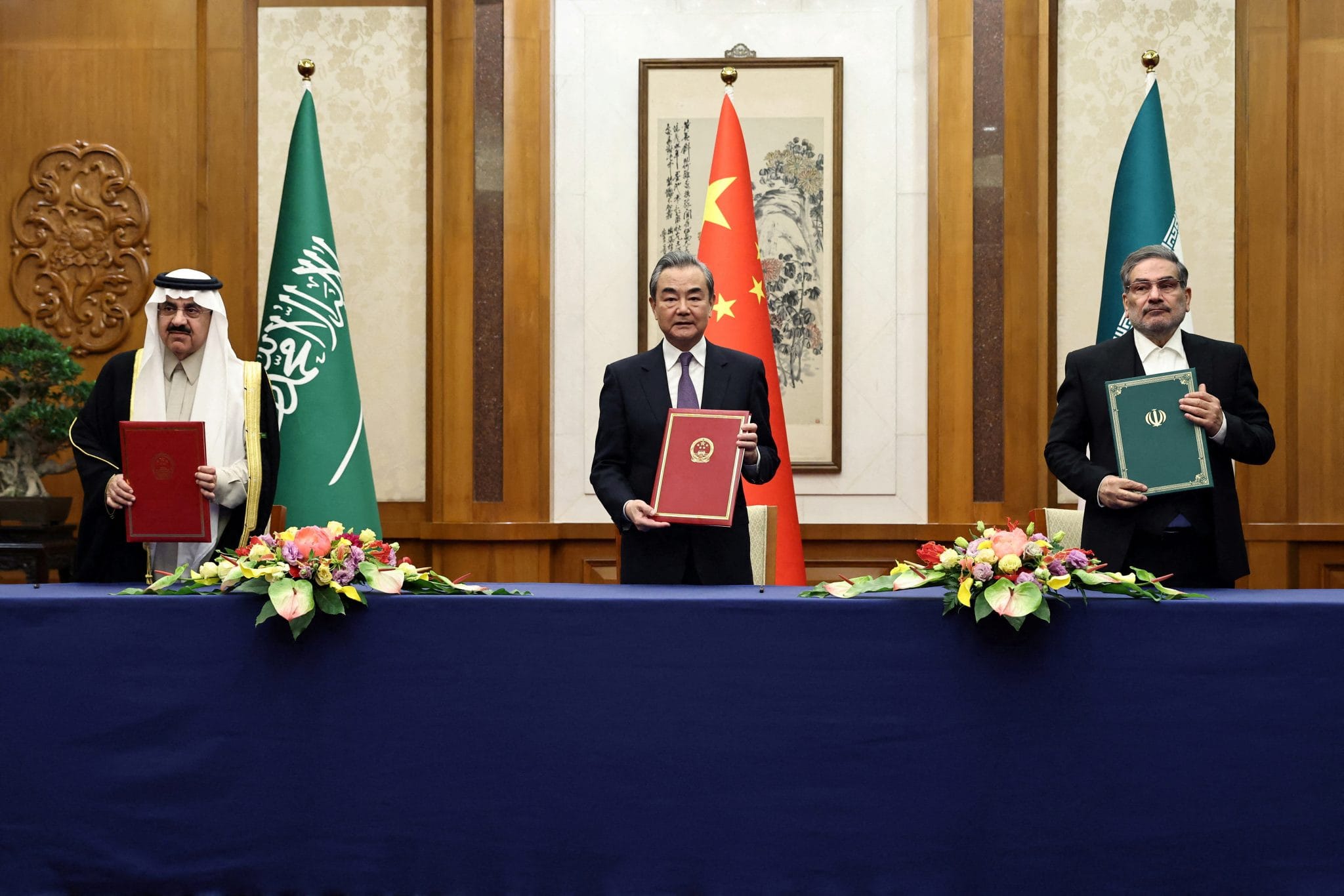The fall of the Assad regime in Syria marks a significant event for the Middle East and, consequently, for China’s diplomacy in the region. China’s approach to the crisis as well as its understanding and skills towards Middle Eastern politics have been put to the test. This essay attempts to analyze the situation in the context of China’s regional policies.
Since the eruption of the Syrian civil war in 2011, China has strived to maintain a balanced stance. While initially not explicitly supporting the Assad government, China has been reluctant to call for his removal. Instead, it has advised for a political solution to be found and has continued to protect Syria’s sovereignty through its veto power at the United Nations Security Council.
One reason behind China’s cautious approach to the Syrian crisis has been its economic interests in the region. Syria has been an important trade partner for China, with trade volume surpassing US $1 billion before the start of the war. While the war has undoubtedly disrupted this relationship, the importance of the Middle East in general for China’s economic growth cannot be underestimated. The region is a vital source for oil and gas imports, financial investments, and opportunities for Chinese companies.
Another feature of China’s diplomacy in the Middle East has been its attempt to maintain good relations with all parties involved. Throughout the Syrian crisis, China has tried to convey a message of neutrality and friendly relations with all the actors. At the same time, it has aimed at utilizing this position to play a mediating role between the conflicting parties, offering its services for negotiations and potential solutions.
The current situation in Syria, however, has exposed the limits of China’s Middle East diplomacy. The Assad regime’s collapse, despite China’s support and efforts for finding a political solution, has put China’s intentions and diplomatic skills to the test. The question remains whether China can learn from this experience and formulate an effective strategy for the region.
One possibility for China to increase its influence in the Middle East would be to diversify its approach. While economic interests form an essential part of China’s engagement with the region, it may need a more comprehensive approach that includes a deeper understanding and involvement in the region’s complex political fabric. A more proactive diplomacy, building on its economic ties, could provide China with a unique tool for influencing regional politics.
Another lesson China could draw from the Syrian crisis would be the importance of a more coherent policy-making process. In order to improve its Middle East diplomacy, China needs to better coordinate the efforts of its various ministries and diplomatic missions. This would enable China to form a more effective regional policy, where political, economic, and cultural aspects could be better balanced.
At the same time, the events in Syria have shown the limits which international commitments impose on China’s diplomacy. While it is true that China’s permanent seat at the United Nations Security Council gives it significant influence in international politics, this influence is also accompanied by responsibilities and expectations. In the case of Syria, China’s participation in international discussions and decision-making meant that it could not remain completely neutral.
In conclusion, the fall of the Assad regime in Syria has unveiled the limitations of China’s Middle East diplomacy. With its regionally balanced approach and strong economic ties, China has had limited success in influencing regional politics. However, the lessons that can be drawn from the Syrian crisis can provide China with an opportunity to strengthen its role in the Middle East. So long as China can adapt its diplomacy to the region’s unique political context and coordinate its policies more effectively, there is potential for it to increase its influence in the Middle East.
